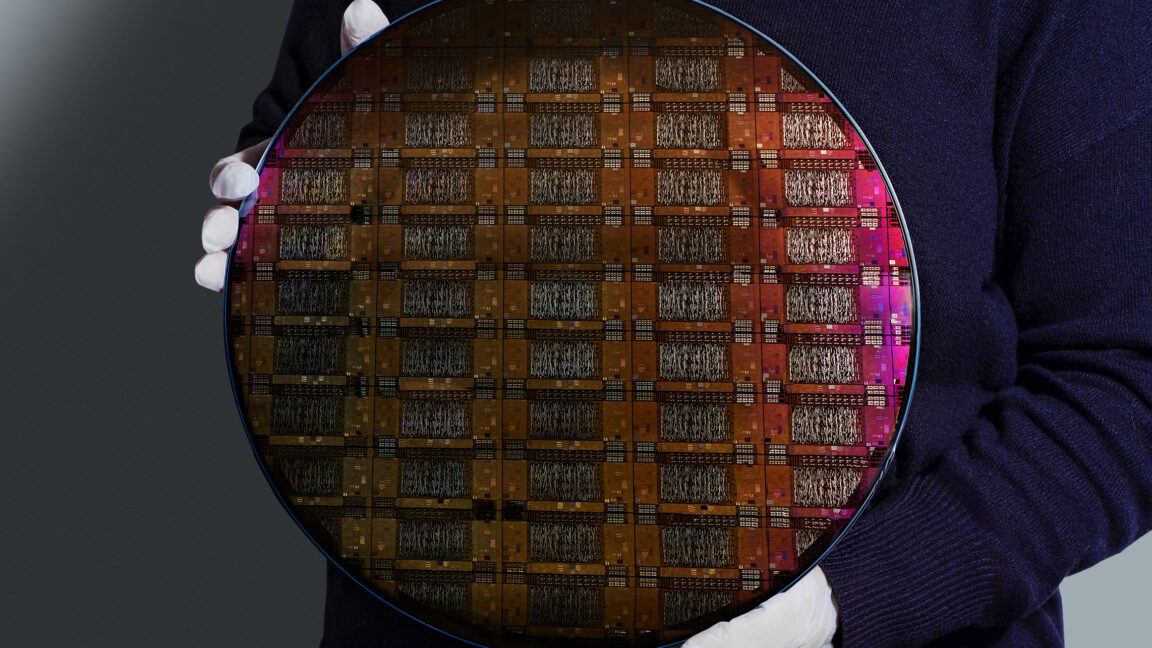
But Oxford Ionics never made any major announcements that would give us a good excuse to describe its technology in more detail. The company was eventually acquired by IonQ, a competitor in the trapped-ion field.
Now, IonQ is building on what it achieved from Oxford Ionix, announcing a new, record-low error rate for two-qubit gates: more than 99.99 percent fidelity. This could be important for the company, because lower error rates for hardware qubits mean that less is needed to get good performance from error-corrected qubits.
But the details of the two-qubit gates are probably more interesting than the error rate. A two-qubit gate involves bringing both qubits closer together, which often requires moving them. That motion pumps a little energy into the system, increasing the temperature of the ions and making them slightly more prone to errors. As a result, any movement of the ions is typically followed by cooling, in which lasers are used to extract energy out of the qubit.
This process, which involves two separate cooling stages, is slow. So slow that two-thirds of the time spent operating involves the hardware waiting while the recently transferred ions cool back down. The new IonQ announcement includes details of a method of performing two-qubit gates that does not require the ions to be completely cooled. This allows one of the two cooling stages to be skipped altogether. In fact, with earlier work involving one-qubit gates, the possibility increases that the entire machine could operate with its ions still at very cool but slightly elevated temperatures, thereby avoiding the need for one of the two cooling stages.
